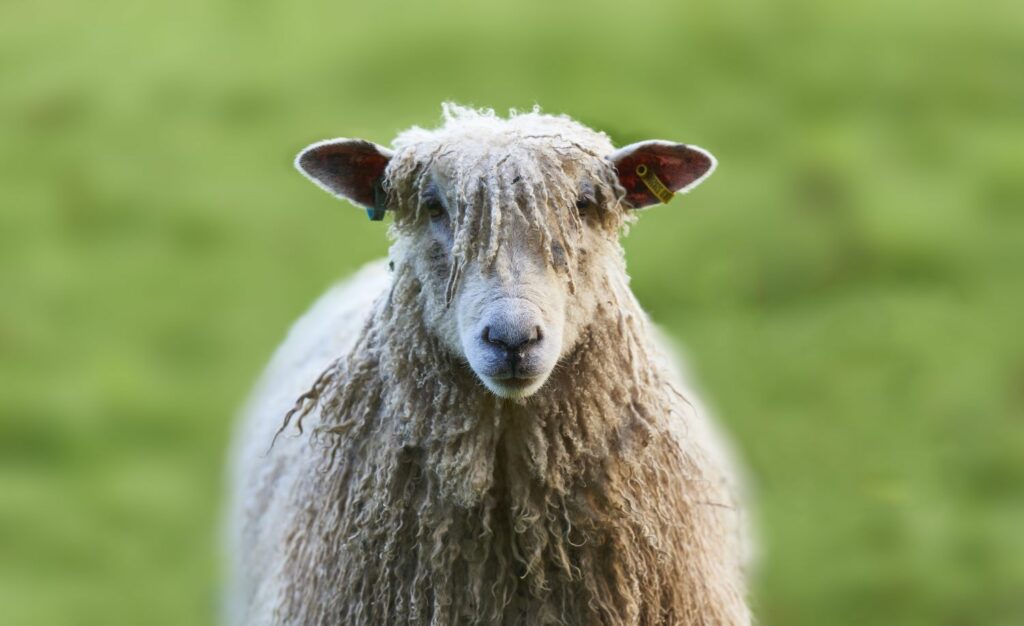Wool producer using rotational grazing wins sustainability award
27th October 2022
Yorkshire-based farming couple Liam and Becky McPartland have won the first-ever VetPartners Sheep Sustainability Award in recognition of their success in reducing the use of anthelmintic wormers in sheep by switching to a rotational grazing system.

Since 2018, the McPartlands have managed the 300-acre Hornington Manor Farm near Tadcaster, Yorkshire. The farm is owned by Leeds-based mattress company Harrison Spinks, for which it produces hemp and wool.
The couple was nominated for the award by their vet Ashley Marshall from Westpoint Farm Vets in York. Launched this year by VetPartners, the award aims to celebrate the progress made in British farming to improve sustainability while keeping animal health and productivity a top priority.
According to Liam McPartland, Hornington Manor Farm is made up of roughly 50% arable and 50% grassland.
“We farm approximately 117 acres of the arable land, with the rest under stewardship as grass margins, fallow land or winter bird mixes to boost biodiversity in the area,” he explained.
“In addition to growing hemp ourselves, we also set up a cooperative of growers who grow the crop and are paid for it on a per tonnage basis, collectively making us the largest supplier of hemp in the UK, with 515 acres of the crop grown this year.”
As for the sheep, animal health on the farm vastly improved since the McPartlands took over management four years ago. Mr McPartland said the farm used to graze 300 ewes that had to be wormed every six weeks, leading to issues with anthelmintic resistance.
In an effort to improve the situation, the couple reduced the farm’s stocking density and implemented a rotational grazing system. They now have 30 breeding Wensleydales and 60 to 70 mules, which they move to a new paddock every 10 days and no later than every two weeks.
“Every year we’ve invested in fencing, which allows us to split big fields into four paddocks. The mule lambs now go onto fresh grass as they move around the farm,” said Mr McPartland.
Moreover, the new system not only improved anthelmintic use on the farm, but also created an additional income stream.
“Rotational grazing has proved far better than any wormer off the shelf. We now take samples for Faecal Egg Count (FEC) testing, so we only treat the animals which actually need to be treated.
“The rotational plan has increased our grass yields to the point that we now sell surplus as hay, bringing in an extra income stream,” he added.
